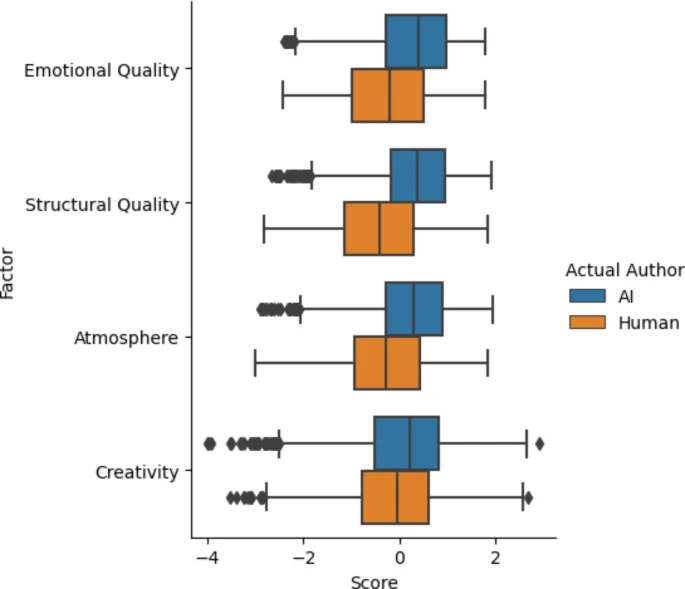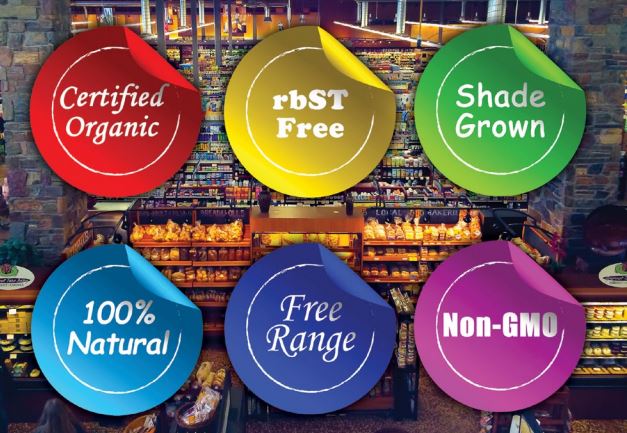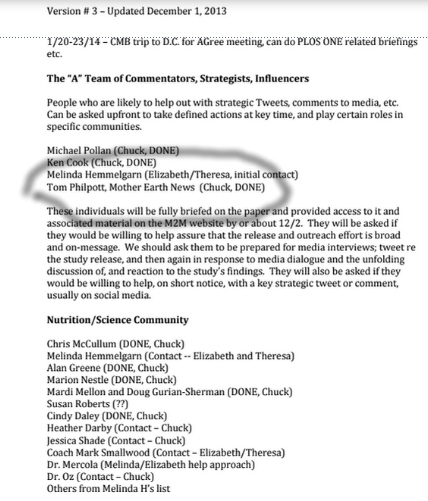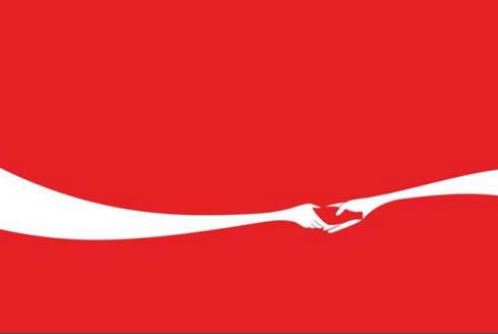 Rutgers Study - Forcing DEI Programs On People Increases Hostility
Rutgers Study - Forcing DEI Programs On People Increases HostilityIf you have done nothing wrong, do you want to be treated like a criminal? That was always the...
 Minnesota Trial Lawyers Want To Ban Neonics - Here Is Why That Is A Mistake
Minnesota Trial Lawyers Want To Ban Neonics - Here Is Why That Is A MistakeMinnesota is having a challenging year, so challenging they are approaching California as the wackiest...
 The Toxic Masculinity Of Disney Movies
The Toxic Masculinity Of Disney MoviesOnce upon a time, stories were just stories. They were fantasies that took people to a new world...
 AI And The Poetry Problem
AI And The Poetry ProblemArtificial Intelligence is artificial, but it is not intelligence. That could change some day but...





 In the early days of food labeling and regulations, it was just about mandating honesty. If you go to buy mayonnaise, you shouldn't have to wonder if it is mayonnaise (1), and then labels became a marketing distinction.
In the early days of food labeling and regulations, it was just about mandating honesty. If you go to buy mayonnaise, you shouldn't have to wonder if it is mayonnaise (1), and then labels became a marketing distinction. 


 If you get money from a corporation, are you for sale?
If you get money from a corporation, are you for sale?
 A new
A new 